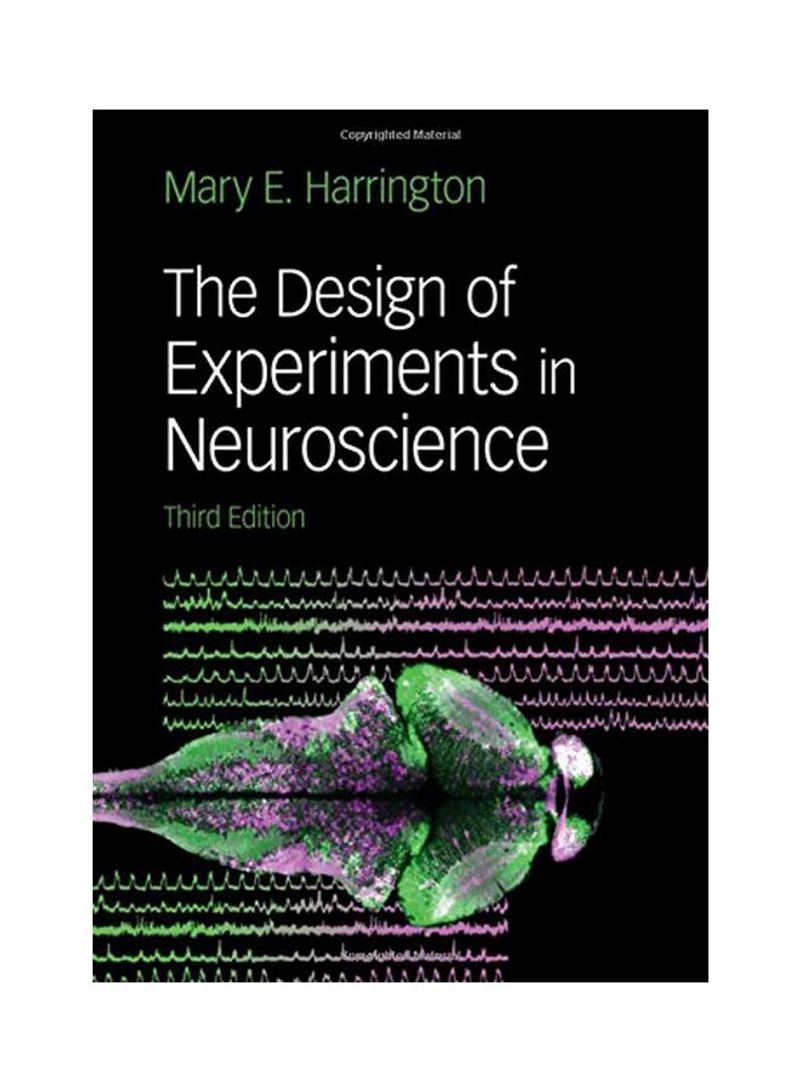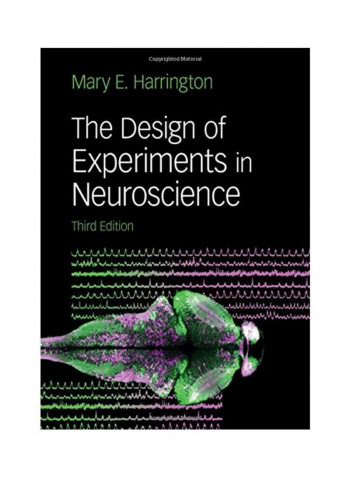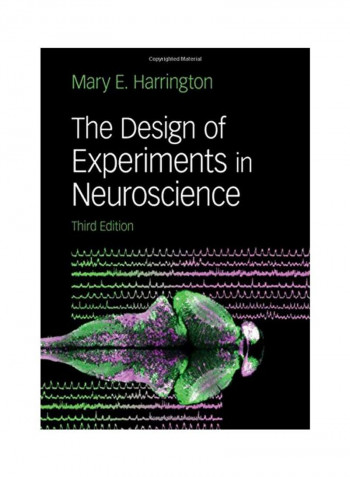The Design Of Experiments In Neuroscience Hardcover
Recommend
Sort by
Rating
Date
Specifications
Author 1
Mary E. Harrington
Book Description
Using engaging prose, Mary E. Harrington introduces neuroscience students to the principles of scientific research including selecting a topic, designing an experiment, analyzing data, and presenting research. This new third edition updates and clarifies the book's wealth of examples while maintaining the clear and effective practical advice of the previous editions. New and expanded topics in this edition include techniques such as optogenetics and conditional transgenes as well as a discussion of rigor and reproducibility in neuroscience research. Extended coverage of descriptive and inferential statistics arms readers with the analytical tools needed to interpret data. Throughout, practical guidelines are provided on avoiding experimental design problems, presenting research including creating posters and giving talks, and using a '12-step guide' to reading scientific journal articles.
ISBN-13
9781108492621
Language
English
Publisher
Cambridge University Press
Publication Date
06 Feb 2020
Number of Pages
300
About the Author
Mary E. Harrington is the Tippit Professor in Life Sciences at Smith College, Massachusetts. She received her undergraduate degree from Pennsylvania State University, conducting visual perception research in the laboratories of Dr Paul Cornwell and Herschel Leibowitz. Her Ph.D. research was in the laboratory of Dr Benjamin Rusak, a scientist of great stature in the fields of biological rhythms and sleep. She has been teaching experimental research methods at Smith College since 1987. Her students have conducted research, presented posters, and published papers on a wide range of topics in neurobiology and biological rhythms. Dr Harrington's research has been supported through grants from multiple sources, including the National Institutes of Health and the National Science Foundation.
Editorial Review
Building upon excellent previous editions, this third edition is an accessible exploration of the issues that modern neuroscience is confronting as the field focuses on issues of rigor and reproducibility to ensure accurate and well-designed experiments. Mary E. Harrington does an excellent job of preparing undergraduate neuroscience students for their scientific journey.' Julio J. Ramirez, R. Stuart Dickson Professor of Psychology and Director of the Neuroscience Program, Davidson College, North Carolina 'An essential resource for the advanced undergraduate or new graduate student entering a research laboratory. Written in an easy, conversational style and loaded with thought-provoking gems, I'll be recommending this book to students on my research team and colleagues in the field.' Keith A. Trujillo, Director of the Office for Training, Research and Education in the Sciences (OTRES), California State University, San Marcos 'Mary E. Harringon knows her audience. From the philosophies underlying science to clear explanations of cutting-edge methods, such as CRISPR and optogenetics, the book provides a framework for teaching and learning about how we must be prepared to be surprised when answering questions about the brain and behavior.' Erik Herzog, Washington University 'This is a strong update to an already excellent textbook. Methods and design is at the heart of neuroscience and Mary Harrington has given students a clear, concise guide to understanding the connections between design, data, and claims. It will help readers become savvy consumers and producers of neuroscientific research.' Robert Calin-Jageman, Neuroscience Program Director, Dominican University, Illinois 'Mary E. Harrington's book is a go-to resource for all budding neuroscientists. With an engagingly conversational style, the author demystifies the scientific method, explores thorny questions in research ethics, and provides practical advice on experimental design, data analysis, and communicating results. I highly recommend this book for both formal and informal instruction.' Cheryl Sisk, University Distinguished Professor, Neuroscience Program, Michigan State University



